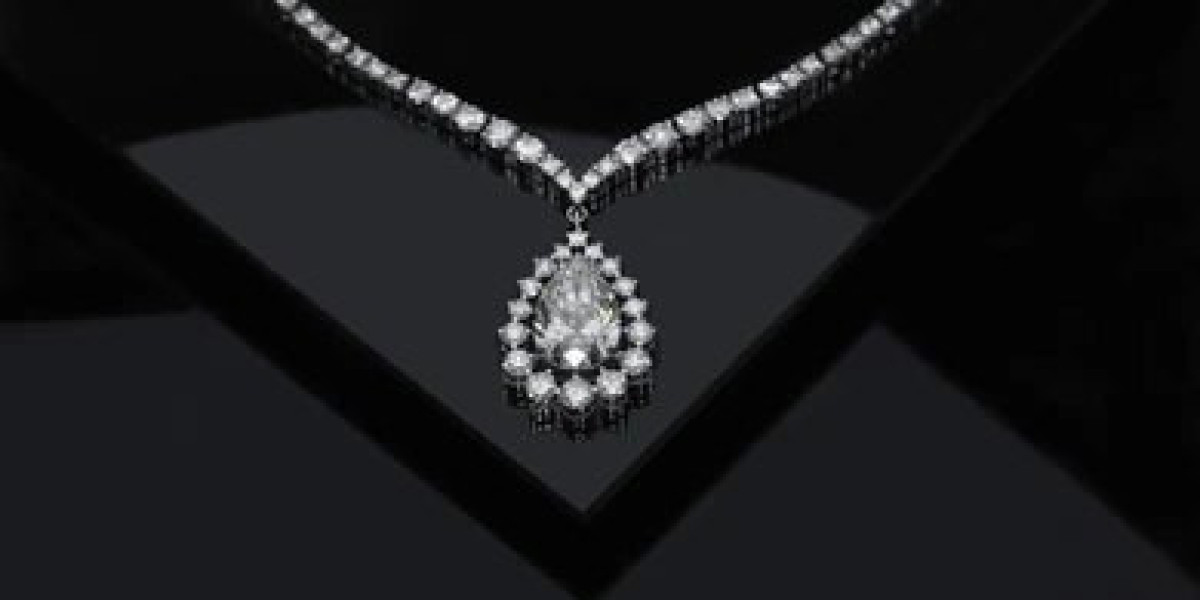This blog will explore the differences in value between moissanite and diamond in terms of price, durability, brilliance, and ethical considerations, helping you make an informed choice when you buy moissanite jewelry.
Price Comparison
One of the primary reasons many people choose moissanite over diamonds is the significant price difference. Diamonds are notoriously expensive, with prices varying greatly based on the “Four Cs” (cut, color, clarity, and carat).
Moissanite: A moissanite gemstone of similar size and quality to a diamond can cost 90% less, making it an ideal choice for budget-conscious buyers. A one-carat moissanite ring may cost between $400 and $600, whereas a one-carat diamond ring typically ranges from $4,000 to $6,000.
Diamond: The high price of diamonds is partly due to historical market control by diamond companies and their perception as a luxury item.
If budget is a key factor, you may find that buying moissanite jewelry offers exceptional value without compromising beauty.
Durability and Hardness
In terms of durability, both diamonds and moissanites are incredibly hard, making them suitable for everyday wear.
Diamond: Diamond scores a perfect 10 on the Mohs scale of hardness, making it the hardest known natural substance. It’s highly scratch-resistant and ideal for jewelry that will be worn frequently.
Moissanite: Moissanite scores 9.25, which is still very hard and highly resistant to scratching. This durability means moissanite jewelry can last a lifetime with proper care.
If you’re looking for a durable, long-lasting gemstone, both options are excellent. However, for everyday wear, buying moissanite jewelry offers similar longevity at a lower cost.
Brilliance and Fire
Brilliance refers to the sparkle and shine a gemstone emits when exposed to light. Moissanite and diamond differ slightly in this regard.
Moissanite: Moissanite is known for its “fire,” or the rainbow-like flashes of color it produces. It has a higher refractive index (2.65) than diamond (2.42), meaning it can appear even more brilliant under certain lighting conditions.
Diamond: Diamonds produce a white sparkle that many people associate with elegance and subtlety. The brilliance is more understated than moissanite, with less rainbow fire and more classic sparkle.
For those who love extra sparkle, moissanite may be more appealing. When you buy moissanite jewelry, you’re choosing a gemstone with unmatched fire and brilliance.
Ethical Considerations
With increasing awareness of environmental and ethical issues in mining, many consumers prioritize ethical sourcing in their jewelry choices.
Diamond: Diamonds are often mined in conflict zones, raising concerns about “blood diamonds.” While many diamond companies now offer ethically sourced options, they may be more expensive.
Moissanite: Moissanite is a lab-created gemstone, which means its production has a smaller environmental impact and no association with conflict. This makes it an ethical choice for conscientious buyers.
If sustainability and ethics are essential to you, buying moissanite jewelry allows you to enjoy stunning gemstone jewelry without contributing to the environmental and ethical issues associated with diamond mining.
Conclusion
Choosing between moissanite and diamond depends largely on your budget, ethical preferences, and aesthetic taste. Moissanite offers unbeatable value, brilliance, and ethical transparency, making it an excellent alternative to diamonds for those who value both beauty and conscience. When you buy moissanite jewelry, you’re choosing a gemstone that combines style, value, and durability—qualities that make it an increasingly popular choice for modern jewelry lovers.








